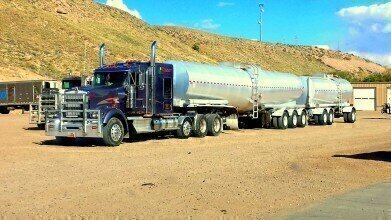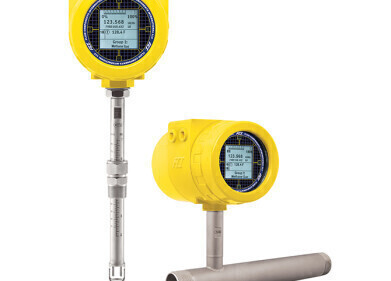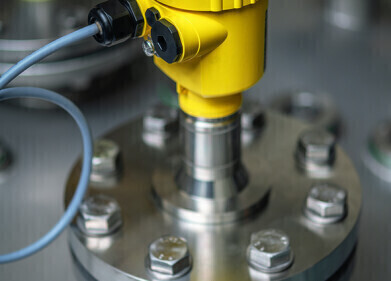Flow Level Pressure
Where Does Kenya Export Oil?
Jun 08 2018
Earlier this month, Kenya dispatched its first fleet of crude oil transport trucks from Turkana, an oil-rich region located in Kenya's Rift Valley Province. Several days later the trucks pulled into Mombassa, home to the country's biggest international seaport.
The move marked the beginning of a new pilot export scheme designed to help Kenya boost its oil industry, which was kickstarted in 2012 when a large reserve of crude oil was discovered in the South Lokichar Basin.
Kenya rolls out Early Oil Pilot Scheme
While pipeline infrastructure is currently non-existent, Kenya is trialling a truck-powered Early Oil Pilot Scheme (EOPS) that will see 2,000 bpd transported to Mombasa by road. The crude is currently being stored at Mombasa’s Kenya Petroleum Refineries, with sea exports expected to start by the end of the year.
The Ministry of Petroleum has revealed plans to accumulate around 400,000 barrels by December, at which point it will commence small-scale exports. Ideally, this should set the foundations for full-scale production and export by 2021. Buyers are not yet confirmed, though Petroleum Principal Secretary Anthony Kamau is confident that demand will be high. He also revealed that oil will be offloaded via a competitive bidding process, with crude expected to be sold at around US$2 a barrel less than market prices.
"The EOPS is not a commercial business venture but aims to establish a market before commercial crude production in 2022,” he said.
President determined to avoid “resource curse”
Currently, Kenya has around 80,000 barrels of crude stockpiled in Turkana and is adding up to 500 additional barrels per day. The Ministry of Petroleum predicts that Kenya’s production capacity will continue to grow by 2000 barrels per day by 2019, at which point the 892-kilometre pipeline linking the Turkana oilfields and the newly operational Lamu Port will be complete.
Kenyan President Uhuru Kenyatta is hoping to avoid the “resource curse” that's plagued other African countries and instead help oil emerge as a key contributor to the national economy.
“This process will help establish Kenya as a crude oil exporter, and will provide valuable information for future explorations," says Kenyatta. "Economies that did not manage their revenue share have suffered. There have been wars. Brothers have fought against brothers. Mothers have been forced to bury their children. I hope that we will view and make the oil process a blessing instead of a curse.”
Pipelines require constant maintenance to maintain efficiency, avoid spills and monitor flow rates. Combining medical prowess with modern infrastructure, 'Sounds good – Using ultrasound for safer pipeline inspections' introduces the latest radiography technologies.
Digital Edition
PIN 25.2 Apr/May
April 2024
In this Edition Safety - Carbon monoxide toxic and flammable gas detection Analytical Instrumentation - Density: A fundamental parameter at critical stages within the petroleum sector...
View all digital editions
Events
May 03 2024 Seoul, South Korea
May 05 2024 Seville, Spain
May 06 2024 Riyadh, Saudi Arabia
May 06 2024 Houston, Tx, USA
May 06 2024 Houston, Tx, USA


















